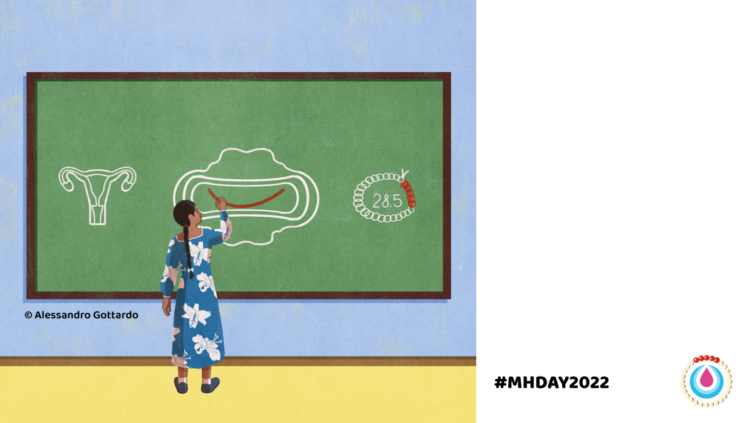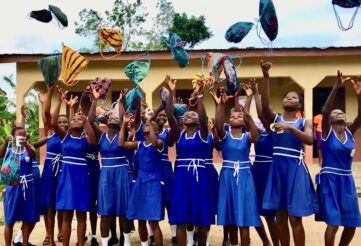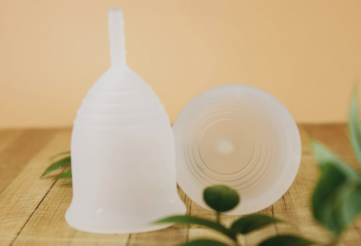Days for Girls’ Menstrual Hygiene Day 2022 Commitment

This year’s Menstrual Hygiene (MH) Day theme is #WeAreCommitted. After several years of raising awareness and declaring that it is #TimeForAction, the menstrual health field is stepping forward and calling for commitments and accountability. Our goal is to prompt stakeholders across many sectors to define a commitment for menstrual health that they will achieve in 2022, and to share that commitment publicly.
We hope that the creation of clear and transparent commitments for menstrual health will boost its importance as a global development priority, create accountability mechanisms, and spur action – just like the Social Development Goals.
Our Commitment
At Days for Girls, we are joining the call and declaring our commitment:
#WeAreCommitted to creating sustainable solutions at scale to end period poverty for good.
We invite you to advance this commitment with us – but first, let’s take a moment to unpack this statement…
What do we mean when we say “sustainable solutions?”
Our sustainable solutions are solutions that continue to endure and have impact even after our direct engagement or program activities end; they are solutions that have been adopted and owned by local stakeholders and communities.
What do we mean when we say “solutions at scale?”
Our solutions at scale are replicable and extend beyond the initial target beneficiary population to benefit others.
At the end of the day, these words often go hand-in-hand: sustainable solutions often end up becoming solutions at scale because they endure and continue to be implemented over time, reaching many more people and potentially spreading to other geographies.
What does this look like in action?
To give an example, providing Days for Girls washable menstrual pad kits to 1000 students in a community is definitely part of a solution – it supports those girls with a reliable, effective menstrual product that empowers them to attend class, engage in extracurriculars, and pursue their goals every day of the month. However, we also “layer on” additional work to help advance impact at scale that will benefit other women and girls in that community. This might include advocating to the local Ministry of Education to implement a policy that period products should be made available at school for girls. When that policy is enacted, the local Ministry has ownership over the program, and hundreds of additional girls in that community will benefit from ongoing access to menstrual products. In this way, we leverage immediate solutions towards long-term, larger-scale goals.
Like many in the global health field, DfG has not figured out the silver-bullet solution to menstrual equity – however, #WeAreCommitted to learning and improving as we work towards sustainable solutions at scale.
Throughout the week, watch for #WeAreCommitted statements from our program offices to see examples of how they are using menstrual health education to create sustainable solutions that will end period poverty for good.
Written by Haley Millet, Strategic Partnerships Director









